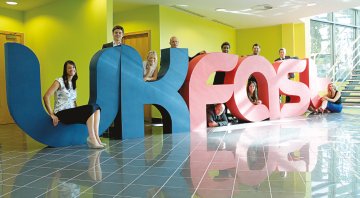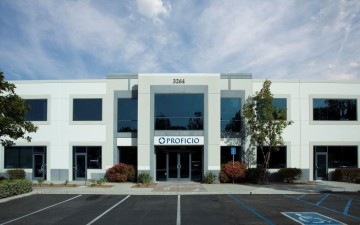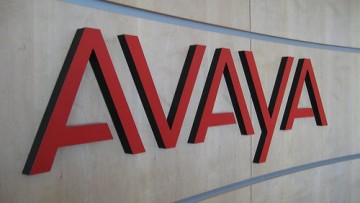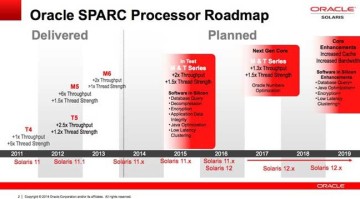 UKFast has written a cheque for its second security firm acquisition in just a few months.
UKFast has written a cheque for its second security firm acquisition in just a few months.
The outfit is getting more aggressive as it seeks larger public sector contracts. Last July it bought Pentest and this week wrote a £2.3 million cheque for Secure Information Assurance. SIA has clients which include the MoD and the Cabinet Office.
The deal took a year to complete and required UKFast to get access to the IL3 and IL4 Official-Sensitive accreditations.
UKFast CEO Lawrence Jones said that acquiring S-IA was a strategic move, not only because of its high-profile government clients, but also because of its security product set.
“It’s a rising business and the deal was an extremely competitive process, but the S-IA management team sees the clear advantage of partnering with UKFast, seeing the instant scalability of our eCloud platform as the perfect offering for the government.”
S-IA CEO Martin Knapp is remaining to head up UKFast’s G-Cloud team and will be looking to grow public sector revenues.
“The conversation started when we went to UKFast to look at their data centre facilities. We initially planned to host our cloud with UKFast, but we were so impressed that we started a conversation about becoming partners and that quickly became a conversation about Lawrence buying the business,” he said.


















